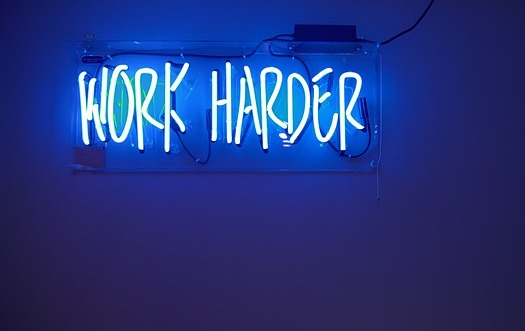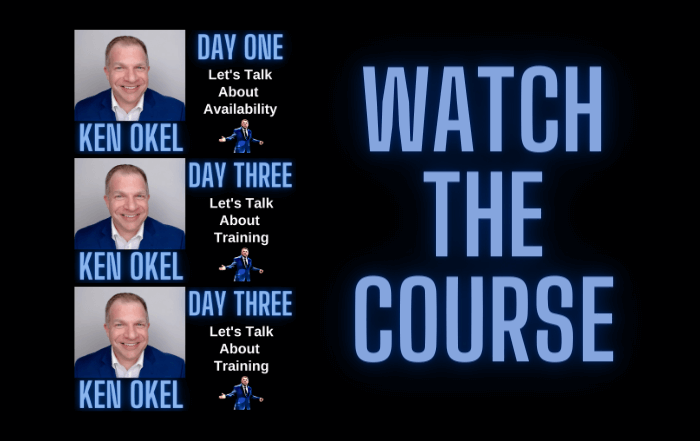 CNN freshly fired anchor, Rick Sanchez, can now pull up a chair next to Mel Gibson at the table of celebrities who have made insensitive and hurtful remarks. ?To find out more about what Sanchez said, click here.
CNN freshly fired anchor, Rick Sanchez, can now pull up a chair next to Mel Gibson at the table of celebrities who have made insensitive and hurtful remarks. ?To find out more about what Sanchez said, click here.
I hope you never put your foot in your mouth and offend someone or a group. But if you do, here are some tips for damage control.
Own Up to Your Mistake: If you said something that you know is wrong, then you should have no problem immediately apologizing. Everyone knows what it’s like to have something come the wrong way and regret it. They’ll likely identify with your situation and cut you some slack. This doesn’t work if you don’t regret your offensive remark. People can pick up on insincerity very easily.
Don’t try to tread water and talk your way out of the situation with excuses. Avoid blaming your audience for not having a sense of humor, the person who made you say the remark, or a dark secret in your past. These are stall tactics by someone who does not want to admit they’re wrong
Set the Context: Here you can talk about the circumstances surrounding your insensitive comment but don’t point fingers at anyone. You might say, “I was trying to be clever and obviously I showed bad taste
You could also introduce a more personal element by saying something like, “I’ve had a lot on my mind lately and I didn’t think about what I said.” In this case, you don’t talk much about what’s been on your mind because then you’re putting the blame on a problem (a sick relative, a messy breakup, or out of control kids) instead of accepting responsibility for your remarks.
Move On! Sometimes you can say too much when apologizing. “Some of my best friends are ‘XYZ’,” may be true but it sounds like an excuse.
If your comment was an innocent mistake, treat it like one. Spending too much time talking about it magnifies the issue. Don’t overcompensate by saying that you’ll turn your life upside down to ensure it never happens again. Personal growth is good but keep it private. Otherwise, it sounds like an excuse.





